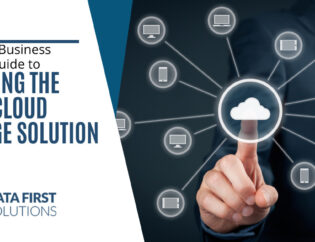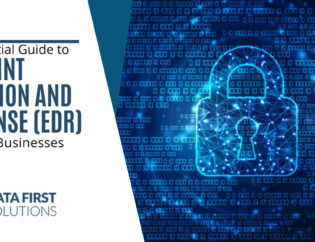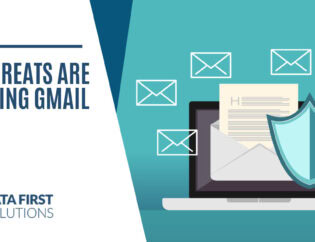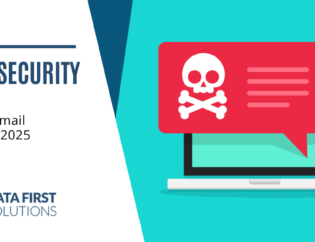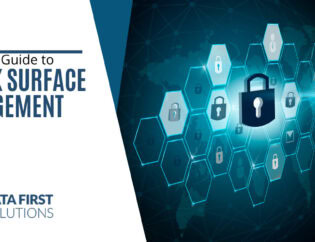
The Promise of AI Assistants
AI-powered tools like Copilot and ChatGPT have captured the imagination of businesses worldwide. They offer a range of capabilities that can streamline workflows and boost efficiency across various departments.
Enhanced Productivity
These AI assistants can help employees draft emails, create presentations, analyze data, and even write code. By automating routine tasks, they free up valuable time for more strategic and creative work.
Improved Decision Making
AI tools can process vast amounts of data quickly, providing insights and recommendations that can inform better decision-making processes. This capability is particularly valuable in fields like marketing, finance, and operations.
Creative Support
For tasks requiring creativity, AI assistants can serve as brainstorming partners, offering fresh perspectives and ideas that humans might not have considered.
The Hidden Risks of AI Implementation
While the benefits are compelling, organizations must be aware of the potential risks associated with rolling out AI tools without proper safeguards.
Data Privacy Concerns
One of the most significant risks is the potential for data breaches or unauthorized access to sensitive information. When employees input data into AI tools, there’s a risk that confidential business information, personal data, or intellectual property could be exposed.
Accuracy and Reliability
AI-generated content is not always accurate or reliable. There’s a risk that employees might rely too heavily on AI-generated information without proper verification, leading to errors in decision-making or communication.
Over Reliance on AI
As employees become more dependent on AI tools, there’s a danger of losing critical thinking skills or the ability to perform tasks independently. This overreliance could lead to a decline in human expertise over time.
The Need for Controls and Safeguards
To mitigate these risks, organizations must implement robust controls and safeguards before rolling out AI tools.
Data Input Controls
Establishing clear guidelines on what type of data can be input into AI tools is crucial. Sensitive information, such as customer data or proprietary business strategies, should be strictly controlled or prohibited from being used with these tools.
Output Verification Processes
Implementing a system for verifying AI-generated content before it’s used or shared externally is essential. This could involve human review or cross-referencing with other reliable sources.
User Training and Education
Comprehensive training programs should be developed to educate employees on the proper use of AI tools, including their limitations and potential risks. This training should also cover data privacy and security best practices.
Ethical Considerations in AI Usage
Beyond practical safeguards, organizations must also grapple with the ethical implications of AI usage in the workplace.
Transparency and Disclosure
There should be clear policies on when and how AI-generated content is used, especially in external communications. Transparency about AI usage can help maintain trust with customers and stakeholders.
Bias and Fairness
AI systems can inadvertently perpetuate or amplify biases present in their training data. Organizations must actively work to identify and mitigate these biases to ensure fair and equitable outcomes.
Job Displacement Concerns
As AI tools become more sophisticated, there may be concerns about job displacement. Organizations should have plans in place to reskill and redeploy employees whose roles may be affected by AI implementation.
Regulatory Compliance and AI
The regulatory landscape surrounding AI is still evolving, but organizations must stay ahead of potential compliance issues.
Data Protection Regulations
Compliance with data protection regulations like GDPR or CCPA is crucial when implementing AI tools that process personal data. Organizations must ensure that their AI usage aligns with these regulatory requirements.
Industry-Specific Regulations
Certain industries, such as healthcare or finance, may have additional regulations governing the use of AI. Organizations in these sectors must be particularly cautious about how they implement and use AI tools.
Developing a Comprehensive AI Strategy
To successfully and safely implement AI tools like Copilot and ChatGPT, organizations need a comprehensive strategy that addresses all these concerns.
Risk Assessment
Conduct a thorough risk assessment to identify potential vulnerabilities and challenges specific to your organization’s use of AI tools.
Policy Development
Create clear policies and guidelines for AI usage, covering data input, content verification, and ethical considerations.
Ongoing Monitoring and Evaluation
Implement systems for continuous monitoring of AI tool usage and regular evaluations of their impact on productivity, data security, and overall business outcomes.
Harness The Power of AI Safely
The potential benefits of AI tools like Copilot and ChatGPT are undeniable, but organizations must approach their implementation with caution and foresight. By establishing robust controls, safeguards, and ethical guidelines, businesses can harness the power of AI while mitigating associated risks.
At Data First Solutions, we understand the complexities of integrating AI tools into your business processes. We specialize in developing comprehensive AI strategies that prioritize data security, compliance, and ethical considerations.
Our team can help you navigate the challenges of AI implementation, ensuring that you reap the benefits while minimizing potential risks. Contact us today to learn how we can support your organization’s AI journey with tailored solutions and expert guidance.


